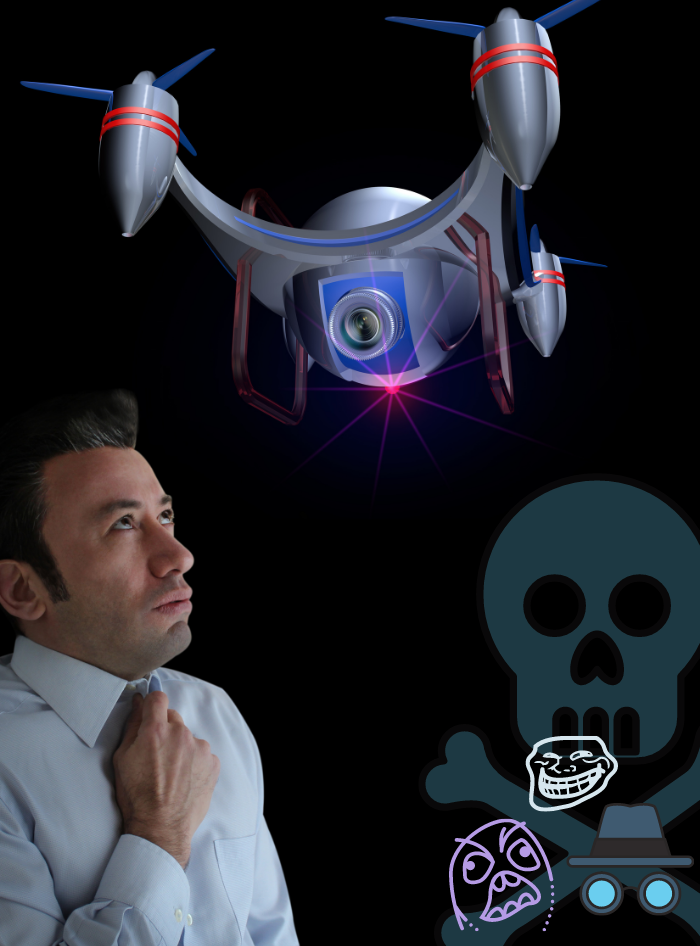Share good times by having mature conversations with like-minded individuals.
Chat, flirt, date, make friends, and share loving experiences with that special person.
Find diversity and discuss various topics such as politics, tech, music, movies, and so on.

Log in to the CMX site and experience our unlimited global live chat. Don’t fret, because it’s free and completely secure. CMX free chat rooms are online 24/7, with amazing features and the best environment. Pick a nick for yourself and start chatting in seconds.
Join Chat
Even a fast-paced world hasn’t hampered people’s efforts to find that special someone. And with lesser “me time” and a raging pandemic, mingling at a party or dates in fancy restaurants are no longer viable options. Instead, people are increasingly turning to online platforms and chat rooms to find new flames. Online dating is quickly gaining momentum and becoming our new reality.
But while online dating saves us the hassle of having to deal with creepy strangers from time to time, it is far from being a walk in the park. The virtual world comes with its risks; catfish, hackers, doxing, trolls, you name it, they are merciless predators on the prowl, looking for unsuspecting victims.
The person may seem super-sweet, just like your perfect dream partner, but it’s quite easy and extremely convenient for them to hide behind a screen and take on a fake persona. For all you know, you might be giving the strangest spook a seat at your table, unknowingly. Research has proven time and again that people lie and take on mock-up personalities online all the time.
Even the smartest or most skeptical e-daters and web users can fall prey to online “ghosts”. Trolls, catfish, and hackers are not only annoying but they are becoming increasingly infuriating with the rise of online dating. You’ve probably come across them already if you are a fan of the world wide web.
With the ever-increasing dangers of online interactions, how do you escape the glaring web of online traps set by people with harmful motives? I will show you how throughout this article.
But first,
They are not your typical monsters living in abandoned buildings and under bridges. Social media trolls are people who target others intending to cause them pain, humiliation, and ridicule. Untamed, trolls will gladly tarnish your reputation, image, and brand. They have no remorse, it’s like they get a high from saying offensive, inflammatory things that provoke and upset others.
Unchecked, trolls will pour out rants, hate speech, or even death threats. They will attack your character and say things that touch on emotions and elicit negative emotions. They celebrate other people’s pain and will stop at nothing to cause them just that.
A catfish is someone who takes on a fake persona with the hope of persuading others who they believe are vulnerable. Most thrive in dating platforms and chatrooms where they try to hoodwink others into romantic engagements or fraud them of their hard-earned cash.
Most of them use information and pictures that aren’t their own to gain the trust of unsuspecting victims.
Hackers are people who spot and exploit weaknesses in computer systems or networks to obtain secured personal or business data.
Doxing (dropping docs) is an extreme form of cyberbullying where someone or a company’s private information is published on the internet exposing them to online threats, harassment, and violence. Politicians, celebrities, influencers, and journalists are the usual doxing culprits.
Your home address or relationship status isn’t relevant to potential employers or customers. Only your level of expertise and professional background is of importance to them. Never expose your personal information to billions of people online.
The internet never forgets. There is no going back once you click on that send button. Images and comments stay online forever. Always remember that we are living in the screenshot era. And what’s worse, certain platforms like Twitter don’t get rid of other people’s copies. You can never take back that embarrassing selfie, that nude or that mean comment you said to another person.
Never leave anything that you wouldn’t want your employer or mom to see online.
Trolls want attention and reactions from their victims. Emotional reaction and attention make them thrive. They are like wide animals, the more you feed them, the more they want. If you react, they will try to bait you into their “joke”. If you don’t feed their ego, they will soon find someone else to attack.
Anonymity is what makes trolls comfortable. They fear no repercussions because their identity is hidden. What they don’t understand is that they aren’t invisible. Just do a little digging and you will find out their real identities. Pull off that anonymity veil and let everyone know the kind of person they are. They will take off running like the cowards they are.
Trolling and catfishing are a violation of many sites’ terms and conditions. Most platforms don’t tolerate harmful behavior. Report a troll or a catfish if you came across one. Just click the “report” button and watch them deal with the consequences of their actions.
Yes, complex passwords are life-saving. Complex passwords are harder for hackers and thieves to figure out. Most people choose simple passwords that they can easily remember. What they don’t realize is that passwords are one of the weakest links in internet security structure.
Cybercriminals will have a hard time guessing a complex password.
A strong password mixes special characters, letters, numbers and is usually 15 characters long.
This list is by no means exhaustive, but it highlights some of the most important ways to stay safe on the internet.